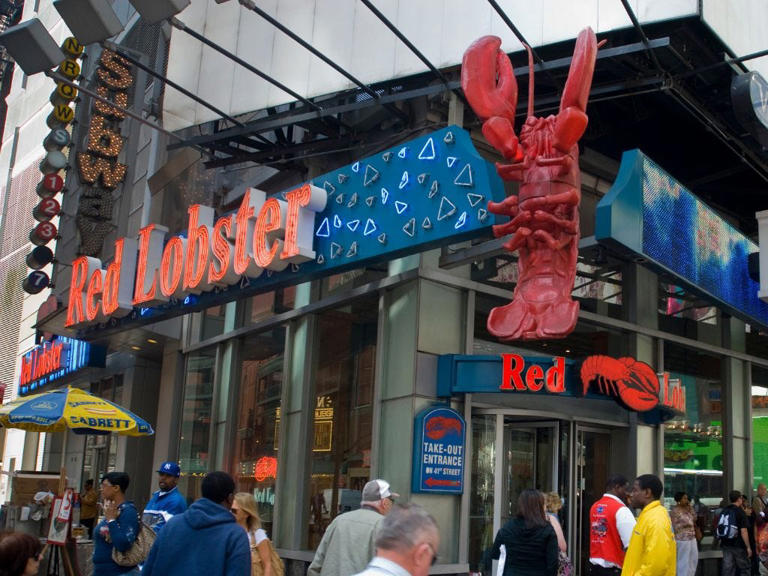Thai Union CEO Thiraphong Chansiri’s journey into the realm of lobsters has unfolded into a narrative of unexpected twists and turns, reshaping not only his business strategies but also his personal convictions. Once regarded as a champion of the Red Lobster seafood chain, Chansiri’s perspective underwent a dramatic transformation following Thai Union’s acquisition of a majority stake in 2020. What initially seemed like a promising partnership eventually left an indelible mark on Chansiri, prompting him to make a solemn vow: to eschew lobsters indefinitely.
Chansiri’s proclamation, delivered during a February earnings call, carried profound implications, drawing parallels to dietary choices influenced by deeply held beliefs. “Other people stop eating beef. I’m going to stop eating lobster,” he remarked, evoking the dietary preferences observed by some adherents of Buddhism. This declaration underscored the depth of Chansiri’s disillusionment with the lobster industry, symbolizing a symbolic renunciation of his once-cherished association with Red Lobster.
The fallout from Thai Union’s Red Lobster venture reached a crescendo on May 19, when Red Lobster announced its Chapter 11 bankruptcy filing. Attributing this development to substantial operating losses incurred throughout 2023, the seafood chain found itself grappling with the repercussions of financial turmoil. Despite the bankruptcy declaration, Red Lobster sought to reassure patrons that its restaurants would continue operations as usual during the restructuring process, striving to maintain a sense of normalcy amidst the storm.
Chansiri’s management approach at Red Lobster transcended conventional paradigms, incorporating elements of ancient Chinese philosophy. Feng shui, an age-old practice centered on achieving harmony between an environment and its inhabitants, emerged as an unexpected influence. During a visit to Red Lobster headquarters in 2022, Chansiri enlisted the guidance of feng shui consultant Angel, whose insights steered decisions regarding office space allocation. Notably, executive offices were left vacant based on Angel’s assessment of unfavorable feng shui, reflecting Chansiri’s commitment to holistic organizational harmony.
Speculation regarding Red Lobster’s bankruptcy has engendered discourse on various contributing factors, ranging from operational missteps to the enduring repercussions of private equity involvement. The decision to transform the “Endless Shrimp” promotion into a daily offering proved to be a double-edged sword, precipitating mounting operating losses amidst intensifying competition. Moreover, scrutiny has intensified over the impact of private equity firm interventions, particularly Golden Gate Capital’s divestment of Red Lobster’s real estate assets post-acquisition, which exacerbated operational challenges.
Thai Union’s assumption of majority ownership in 2020 failed to assuage Red Lobster’s woes, exacerbating executive turnover and organizational instability. The appointment of turnaround expert Jonathan Tibus as CEO in March marked a pivotal moment in Red Lobster’s trajectory, signaling a concerted effort to navigate turbulent waters. However, tensions surfaced regarding Thai Union’s perceived influence, particularly in procurement decisions related to shrimp sourcing. Allegations of supply chain disruptions and undue interference underscored the complexities inherent in Thai Union’s dual roles as owner and supplier, raising questions about corporate governance and stakeholder dynamics.
As Red Lobster embarks on a journey of restructuring and reinvention, Chansiri’s solemn pledge to forsake lobsters serves as a poignant reminder of the profound impact of corporate ventures gone awry. Amidst the uncertainty and upheaval, stakeholders grapple with the complexities of navigating a rapidly evolving industry landscape, striving to chart a course towards sustainability and resilience. As the saga unfolds, it illuminates broader themes of resilience, adaptation, and the enduring quest for organizational equilibrium in an ever-changing world.
